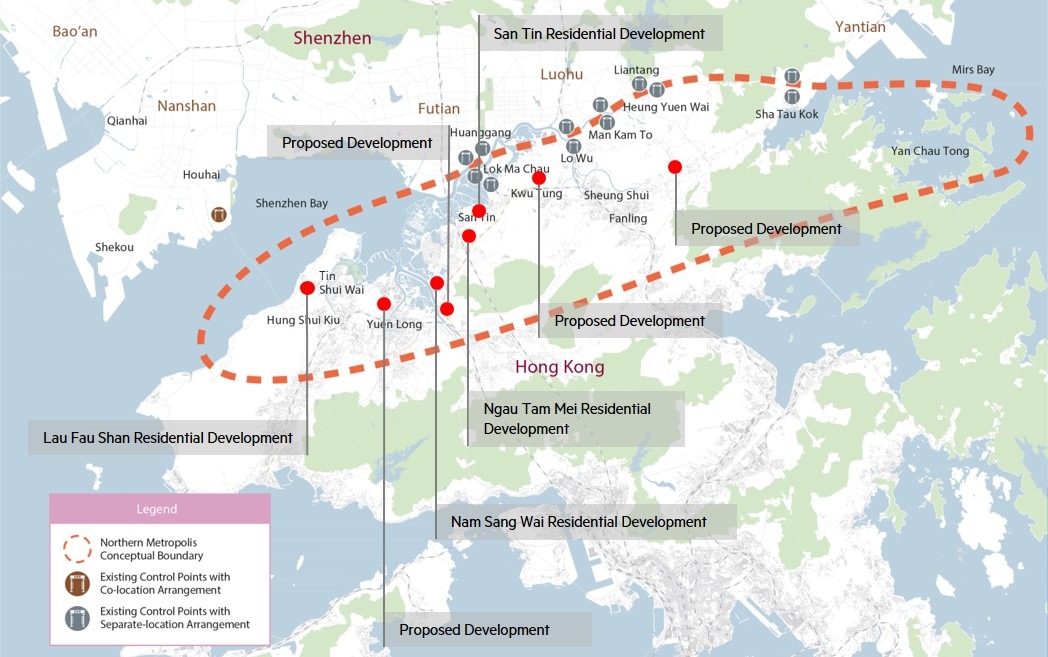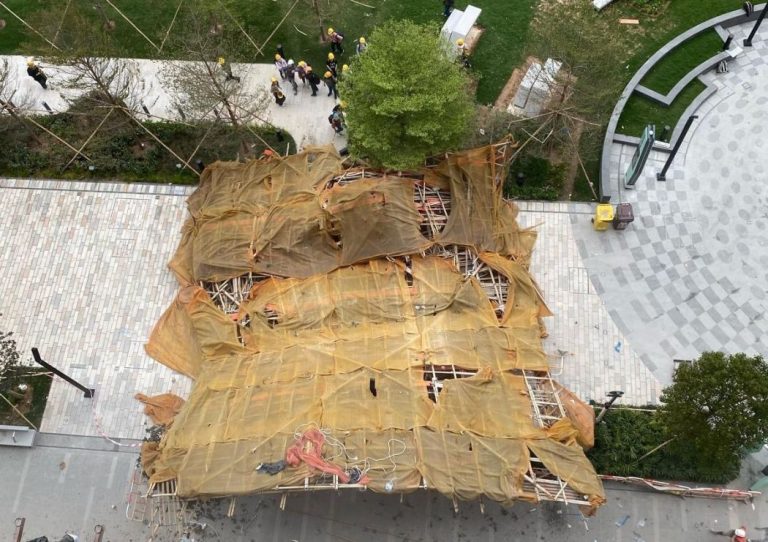Hong Kong’s Urban Transformation: A Closer Look at Squatter Resettlement in the Northern Metropolis
The Hong Kong government is making significant strides in managing urban development through a comprehensive resettlement program for squatter households in the Northern Metropolis project. With over 4,600 applications processed, the initiative represents a critical approach to balancing urban expansion with community needs.
Under an improved resettlement arrangement introduced in 2018, the government has created a nuanced system that offers both means-tested and non-means-tested options for affected households. As of mid-2025, the Lands Department has completed a thorough review of all submitted applications, revealing some interesting patterns in resident preferences and eligibility.
Approximately 55 percent of applicants have qualified for either resettlement or financial compensation, with a notable trend emerging in residents’ choices. Remarkably, about 65 percent of approved applicants have opted for the non-means-tested resettlement arrangement, suggesting a strong preference for this more accessible option.

However, not every application results in approval. The government has established clear criteria for eligibility, with several disqualifying factors. Applicants may be ineligible if they own residential properties in Hong Kong, are current public rental housing tenants, fail to meet minimum residence requirements, or occupy unauthorized structures.
To ensure a fair and transparent process, the Lands Department has implemented flexible measures for application review. These include accepting various forms of address proof from both government and private sources, demonstrating a commitment to accommodating diverse documentation scenarios.

Communication has been a key priority in this resettlement effort. The government has been proactive in keeping residents informed through multiple channels. Affected households have received letters detailing expected relocation deadlines, and some are even eligible for voluntary early relocation schemes. This approach reflects a nuanced understanding of the human impact of large-scale urban development projects.
The Northern Metropolis project represents more than just a physical transformation of the region. It’s a carefully considered urban development initiative that seeks to balance progress with community welfare. By providing structured compensation and relocation programs, the government aims to minimize disruption to residents’ lives while pursuing broader urban development goals.
Flexibility remains a cornerstone of the resettlement approach. Officials have explicitly committed to reviewing project requirements and providing relocation options that accommodate residents’ needs wherever possible. This adaptive strategy demonstrates a thoughtful approach to urban planning that prioritizes human considerations alongside development objectives.
As the Northern Metropolis project continues to unfold, this resettlement program stands as a testament to the complex challenges of urban transformation. It showcases a delicate balance between progress and compassion, addressing the needs of thousands of households while pushing forward with a vision for Hong Kong’s future urban landscape.












